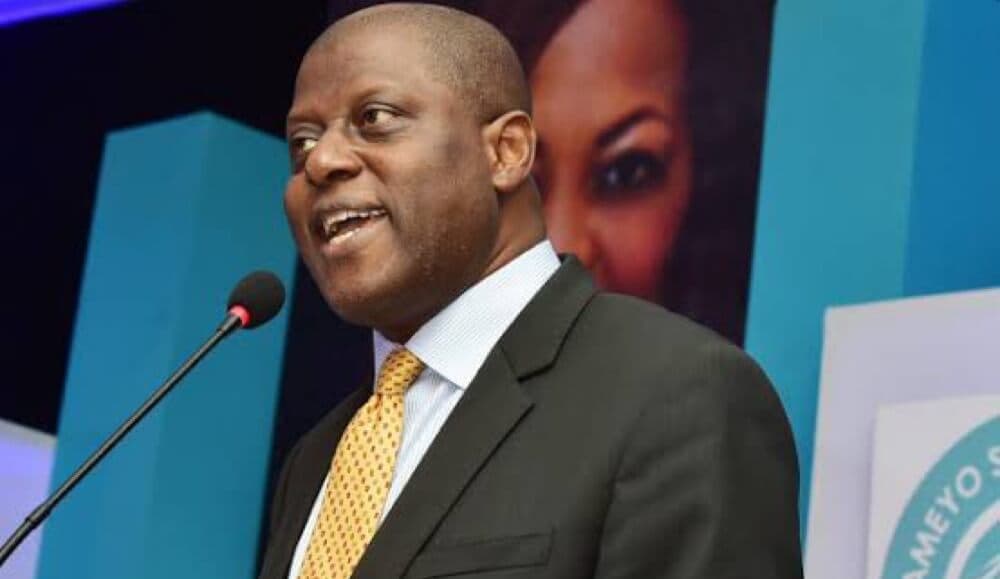As the year 2023 draws to a close, the Central Bank of Nigeria (CBN) has bolstered the confidence of the Nigerian people by guaranteeing a significant decline in inflation and exchange rates in 2024.
The Apex Bank also predicted a decline in crude export revenue for the fiscal year, placing total trade from the Nigerian Foreign Exchange Market (NFEM) for the third quarter (Q3) of 2023 at N18.804 billion.
Olayemi Cardoso, the Governor of the Apex Bank, stated as much in his address to the Joint Committee on Banking, Insurance, and Other Financial Institutions of the National Assembly.
He conveyed to the joint committee, comprising representatives from both houses of the National Assembly, a highly optimistic assessment of the domestic economy in Nigeria for the year 2024. He predicted that inflation and exchange rates would stabilize and withstand the challenges posed by fluctuations.
“It is anticipated that the domestic economy will continue its positive trajectory through 2024,” the forecast continues.
“Short-term inflationary pressures may persist, but a decline is anticipated by 2024.” An additional anticipated benefit of the foreign exchange market operating efficiently is a substantial alleviation of exchange rate pressures.
The individual provided the committee members with an account of how the unification of exchange rate windows in June 2023 has initiated a novel strategy for exchange rate management to diminish market speculation, rent-seeking, and arbitrage.
“The policy seeks to establish a foreign exchange market in which the exchange rate is determined by the interplay between supply and demand.”
“The premium has shrunk, and our emphasis on expanding the supply of autonomous FX would result in increased stability and a further reduction in the premium.”
“During the third quarter of 2023, total trade amounted to N18.804.68 billion.” The value of exports was N10.346.60 billion, whereas imports amounted to N8.457.68 billion. This signifies a favorable trade balance, potentially resulting in an augmentation of external reserves.
Nevertheless, he asserted that in 2024, crude exports would generate fewer revenues due to domestic circumstances.
“We anticipate less revenue from crude exports in 2024 as a result of the 1.78 mbpd production limit,” he said. In contrast to the budget assumption for 2024, the OPEC-approved quota for Nigeria is 1.8 mbpd.
“Nevertheless, the nation’s output has fallen short of these benchmarks.” The budget benchmark for 2023 was 1.69 mbpd, but the year’s peak production occurred in the third quarter of 2023, at approximately 1.35 mbpd.
“The underperformance of oil production is attributable to pipeline vandalism and theft of crude oil, production shut-ins, and divestments by major oil corporations,” the statement continues.
Senator Tokunbo Abiru (APC Lagos East), chairman of the joint committee, had previously stated that the CBN had organized the interactive session under existing laws to provide a statutory briefing.
In his remarks, Bahir Bello El-Rufai, co-chairman of the committee, commended the CBN governor and the entire management team for implementing measures to stabilize the economy as a whole.
